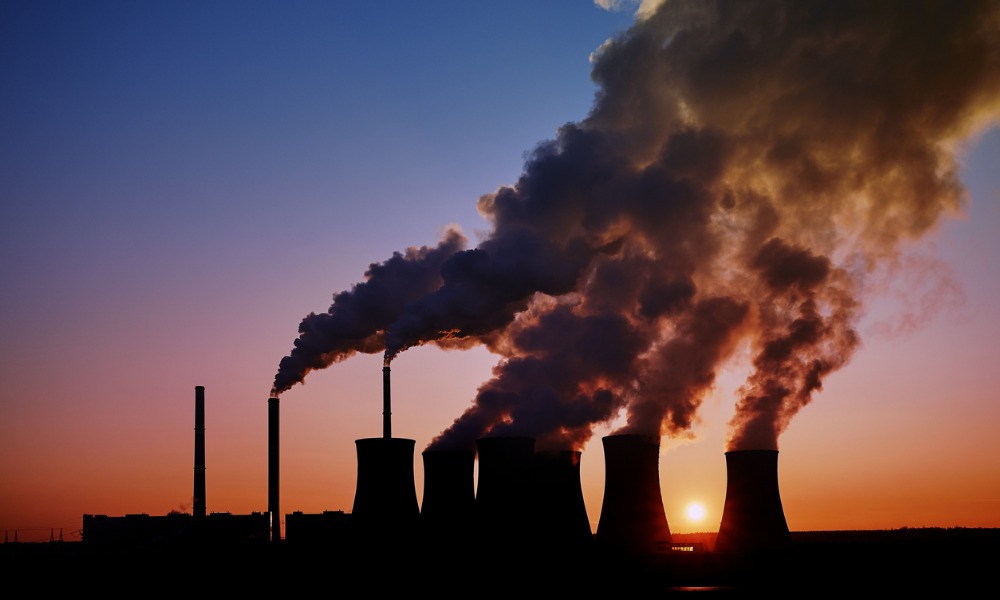Shareholder resolutions have been lodged with ANZ, NAB and Westpac

Shareholder resolutions were lodged Thursday with three major banks calling on them to end the billions of dollars in financing they provide to the fossil fuel sector.
Resolutions were lodged with ANZ, National Australia Bank and Westpac. The resolutions, supported by environmental finance organisation Market Forces, call for the banks to stop funding new fossil fuel projects and reduce their exposure to the coal, oil and gas industries in a way consistent with the global target of net-zero emissions by 2050.
The latest resolutions follow a similar one lodged with Commonwealth Bank in August. That resolution is due to be voted on at CBA’s annual general meeting on Oct. 13.
The latest resolutions were also introduced on the heels of a Market Forces analysis that said Australia’s major banks have undermined their net-zero commitments by lending billions of dollars to companies and project expanding the fossil fuel industry.
Similar resolutions lodged last year with ANZ and NAB received support of 28% and 26%, respectively, according to Market Forces. That’s roughly double the support they received in 2019.
NAB said it plans to release an updated oil and gas policy “in the coming months.” ANZ said it will update its climate policy by the end of the year, and that the updated policy will “make reference to oil and gas.” Westpac said it would wait until 2023 to “establish sector criteria” for oil and gas.
Read next: Climate change could drive down property prices – RBA
“Australia’s major banks have all committed to net-zero by 2050, but continue undermining that commitment through their financing activity,” said Jack Bertolus, Market Forces Australian campaigns coordinator. “The IEA’s Net Zero by 2050 report makes perfectly clear there’s no room for new coal, oil or gas projects, yet the banks continue funding these projects and the polluting companies pursuing them. Continued large-scale lending to fossil fuels is not only exposing these banks and their shareholders to increasing levels of climate risk, it’s also undermining our chances of getting the climate crisis under control. These resolutions make crystal clear to ANZ, NAB and Westpac their commitments to net-zero by 2050 are meaningless without ruling out financing the expansion of the fossil fuel industry.”
“The message of the 2021 IEA and IPCC reports is clear,” said Stuart Palmer, head of ethics research at wealth management company Australian Ethical. “Banks cannot credibly claim they are enabling the net-zero by 2050 transition when they make loans to companies expanding the coal, oil and gas sectors.”
Westpac’s reported fossil fuel exposure increased from $5.32 billion in 2019 to $9.02 billion in 2020 as the bank revealed previously unreported exposure to various fossil fuel sectors, Market Forces reported. ANZ’s exposure to oil and gas rose from $17.79 billion in fiscal 2016 to $19.9 billion in fiscal 2019, before dropping to $17.6 billion in fiscal 2020.
NAB is far less transparent in disclosing its fossil fuel exposure than the other major banks, according to Market Forces. Based on what it does disclose, the bank’s exposure to oil and gas extraction increased from $3.73 billion in September 2019 to $4.09 billion in March 2020, before dropping to $2.76 billion in March 2021. It’s exposure to gas-fired power rose from $0.59 billion in March 2019 to $1.16 billion in March 2020, before dropping to $0.78 billion in March 2021.



